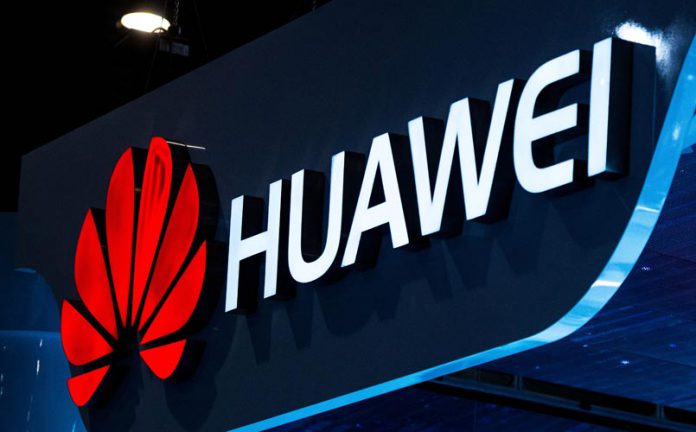
Recent media reports suggest that Huawei is developing its own proprietary operating system for mobile devices. The Chinese smartphone manufacturer seems to have been working on this OS since as early as 2012. South China Post has suggested that the plan to develop a new OS is a backup plan and it is being developed by Huawei, in case they get banned from using Android.
In 2012, the US had started investigation Chinese telecom equipment manufacturing giants ZTE and Huawei. The Department of Justice (DoJ) imposed a ban on ZTE, which would prevent them from buying manufacturing parts from the US. Similarly, Huawei has been under the scanner for a potential breach of US sanctions in Iran. The US House Intelligence committee subsequently labeled ZTE and Huawei as “national security threat because of their attempts to extract sensitive information from American companies and their loyalties to the Chinese government”.
Huawei’s Shift Towards Its Own OS
The US sanctions seems to have prompted Huawei to move towards developing its own operating system. Huawei is one of the largest telecom equipment manufacturing company in the world and this move could lessen their dependence on other organisations, like Google, over which they have no control. In an event that they are banned from using the Android OS, Huawei would not want be stuck in no man’s land, as mobile sales form a big chunk of its global revenues.
Currently, Apple’s iOS and Google’s Android OS account for 99.9% of mobile operating systems across the globe. In a bid to counter a potential ban, Ren Zhengfei, Huawei’s founder, commissioned a plan to build a proprietary operating system. However, the OS hasn’t been made available to the public yet, as it isn’t deemed as good as the Android operating system. Moreover, the Android environment features numerous apps that have been developed by third parties and this is something that Huawei currently lack.
The Chinese giant, however, has its own operating system for its lineup of tablet devices and personal computers and if its OS is extended to their smartphones as well, this could see them become similar to Apple, whose devices are powered by in-house software and hardware.
source:-mysmartprice